Yucatan News: Vote for Yucatan Living!
News starting January 12,2009
Best Expat Blog
We are conflicted about the “blog” designation, but we will gladly accept it in order to get the “BEST” part! Yucatan Living has been nominated for “Best Expat Blog” on Lonely Planet’s 2009 Travel Blogger Awards. They are taking nominations until mid-February, at which point they will start taking votes for the top five nominated blogs.
We want to be in that top five! So, if you are so inclined, we are politely asking you to please go to this Lonely Planet web page and nominate YucatanLiving.com for Best Expat Blog. That’s all you have to do! Oh, and then tell a few friends to do it too!
Thank you for all your support… let’s see if we can be nominated! Oh, and a special thank you to Kimberly Kradel for bringing this to our attention. You can see Kimberly’s Artist-At-Large website here.
Mexico Freezes Gasoline Prices and More
The President of Mexico has chosen to freeze gasoline prices for the rest of 2009, lower some individual household gas rates by 10% and lower some business electricity rates by up to 20%. The people continue to call for a lowering of gasoline prices because the world price has fallen and because of the stress put on the country by gasoline subsidies.
Chinese Autos Arrive in Mexico
The Chinese company FAW has sent its first 6,000 cars to Mexico City, where they are depending on a former Ford executive in Mexico, Kathleen Ligocki, to head the group that will be selling the autos. Approximately 850,000 of the FAW cars were sold in Canada in 2008. In Mexico, the little cars are priced under $7,000. Read more HERE.
War on Gum is Spreading Fast
There is a global war on gum because of the mind-boggling cost, worldwide, to clean it up with ever more precious taxpayer money. Now, Mexico City is getting in on the worldwide lament over the cost of chewing gum cleanup. Singapore once banned chewing gum completely, but now allows citizens who register (at pharmacies) as gum-chewers to continue with their habit as long as the gum does not end up on the sidewalk or in the street. Enter
Yucatan’s own new-old chicle gum. Its virtues are being extolled around the globe because it is “organic.” The poor fellow who has to oversee the conservation of public spaces in Mexico City laments that the kind of people who would choose biodegradable gum are probably not the same people who throw gum on the sidewalk. But that’s ok. Little by little, chicle gum will reclaim the chewing gum market and whatever that synthetic stuff was will be just a very strange memory.
Everything Old Is New Again: Ramon Trees
Chicle gum is not the only “retro” Mayan product in Yucatan. There has been a drought in the southern part of our state that now has cattle ranchers buying orange peels from juice factories in Oxkutzcab, as a food supplement for their herds.
The thought occurred to someone that maybe it would be a good idea to plant pasture trees (for shade) that also produce a fruit whose peel holds a good bit of liquid. If such a tree could be found, it would have to be able to survive life on a limestone shelf. …and, wonder of wonders, there is just such a tree! The ancient Maya actually farmed the ramon (pronounced rah-MOAN) tree, which grows to 120 feet tall and produces an orange fruit that tastes almost like an apricot. The ramon nuts, when roasted and ground, are a “super food” that has a positive effect for many who suffer from a number of chronic conditions. The leaves are edible by horses and goats.
A seed plot has already been planted and small trees will be given to cattle ranchers by 2010. Within 3 to 5 years after that, the ramon tree industries, including the processing of nuts, should be up and running. Have you ever noticed that the older we get, the smarter the ancient Mayans become?
Sábila: A Commercial Success!
Folks who live North of the Border often have at least one aloe vera plant, usually not doing very well, that they keep as part of their household first aid resources for burns. Working Gringa notes that she always kept one nearby in California, and if anyone got burned, she would just cut off a spike and cover the burn with the gel inside. Instant pain relief and the burn never turned into a blister.
Recent discoveries show that aloe vera also has excellent cosmetic and medicinal powers. Here, in Yucatan, the stuff grows without bound – in the sun, in the shade, in soil that is hard as a rock, in pots and cans, with water, even with little water. The flowers – yellow and then red on long spikes – are nice but, once it takes over your flowerbeds, you can’t even give the excess away!
Ah! But much of the rest of the world can’t grow this magical plant at all – and the company “Aloe Vera,” in Valladolid, has just signed contracts to deliver 60 tons of aloe vera “leaves” (pencas) at $1,000 pesos (about $73 USD) per ton. This means new jobs at every level of production – from farming to the actual exportation of Yucatan’s over-abundance of sábila (aloe vera). Sábila is truly one of Nature’s own renewable resources because the mother plants need not be killed in the leaf harvest. Yucatan Living would like to congratulate a brand new export industry that has hit the ground running and our best wishes to everyone involved!
The Gold Book
The Gold Book, a directory of businesses and services for English language residents, is now available FREE at the Merida English Language Library, or at the Gold Book Office, and will soon be available online on this page. For more information, call: 999/285-8714 or e-mail: infogoldbookyucatan.com.
Restoration of Colonial Churches
For the past few years, there has been a great deal of activity associated with the restoration of colonial churches in the State of Yucatan. These churches are 16th and 17th century works of art that must be preserved. Some want them restored as tourist attractions, which is fine, but there is a greater reason for saving these monuments from the past. They are part of the living and evolving cultural anchors of the people of the State of Yucatan. Without them, the people would be moving closer and closer to being set adrift in a modern world of camera phones and wi-fi – with its the inevitable cultural and social disintegration.
The price for these restorations is hefty, but they are supported by Fomento Cultural Banamex, the Fundación Pedro y Elena Hernández (under the direction of Roberto Hernández Ramírez), the World Monuments Fund and the Government of the State of Yucatan through the Patronato Cultur. Restoration is being done using locally quarried stone and sascab (decomposed limestone) to make the mortar, as well as traditional coloring agents. In the process of restoration, spectacular murals and other wonders have been found in these churches that make it all the more important that they are preserved. At the present time, the Temple of St. Michael the Archangel, in Mani, is well into its restoration and a trip to see this important project is worth the trip.
Cost of Living Update: Pork Prices Rise in Yucatan
For those who are following grocery prices in Yucatan, wholesale prices on pork have just gone up, resulting in a rise in the price to the public. The new pork prices will be $50 pesos / kilo, which is $3.64 USD / kilo. Since 1 kilo = 2.2 lbs, this new price is $1.65 / lb. This is still a good buy, considering that the average pork price in the U.S. is currently at, or a little above, $3.00 USD per pound.
If you live in Yucatan and would like to see what you would be paying for meat if you were North of the Border, HERE is the USDA’s current price summary. If you didn’t read it already, check out our Cost of Living article for more local prices.
New Road News (The City is Growing)
Within 2 years, we are going to have a new road connecting the comisarias (a very small town) on the north side of the city. Public funds are already connecting Caucel, Dzitya and Temozon. Now, private funds will take over and connect Temozon, the Universidad Marista, Cholul, and Chichi Suarez. This will include repairing and widening the access road in front of the university. In the end, this project will create a new semi-circle around the northern section of the Municipality of Merida. You can connect the dots, to see where the roads will go, through Caucel, Dzitya, Temozon, Universidad Marista, Cholul, and Chichi Suarez, on this map.
Needless to say, there will be new subdivisions all along these new roads, one of which already has plans for 200 new homes. The new road and avenues will have an up-to-date lighting system and are expected to contribute to an improved quality of life for the people who live in the area, as well as for those who will be moving there.
In addition, this new road will form the northern part of a new periferico that will eventually surround the entire city. You can see a map of the expected final project HERE
A Change in Bar & Cantina Hours & Rules
Since some areas allowing bars and cantinas to remain open 24 hours a day only seemed to encourage alcoholism and crimes that fall under the heading of vice, there is now a proposal to change their hours to 11:00 AM to 9:00 PM. Restaurants want to be excluded, but some bars have been disguising themselves as restaurants, so negotiations are going to be tough.
In other towns, there are new bar and cantina inspectors, who enter and observe employees and patrons at will. In some of those towns, it is actually forbidden for bar employees to talk to customers outside of conversations related to their order and especially outside of the bar. Yucatan is serious about curbing alcohol abuse and vice, but this does not mean that people can no longer have a good time. What it does mean is that behavior still has consequences, no matter where in the world we roam. Just be on the alert for changing hours in bars and cantinas and be sure to always bring your best manners with you.
Your Young Adult Child has Just Announced that He or She Wants To…..
Be an organic farmer, and/or join the Peace Corps, and/or travel Mexico alone…
>
Oh Dear! What to Do? Not to worry. All is not lost. In fact, your child may have just found the secret to having a wonderful life! We found a great blog this week, written by a young lady named Susannah, from North Carolina. The blog is about her visit through Akumal to Belize, to see her American beau, who is currently serving in the Peace Corps. On her way down, she spent some time volunteering with Lucy James, on Lucy’s Organic ranch/farm in Akumal. Susannah found Lucy through the Willing Workers on Organic Farms website.
We visited the site and noticed that the Rural Production Cooperative Society in Tzucacab is also advertising for volunteer help - but back to Susannah and her adventure. Her blog begins, as blogs do, at the bottom of THIS PAGE. It comes complete with comments from her family and friends, who are obviously all super folks as well. We love Susannah’s blog and left her a note that Valladolid is a sister city to what I think may be her home town, so she really ought to stop by and visit sometime. In the meantime, we wish both Susannah and Jacob all the best that life has to offer. It looks as if they are off to a great start!
The Purpose of Tourism
In one of the largest Mexican tourist destinations, all of the places used by the people to practice traditional dances were destroyed by the building of an ice skating rink for the benefit of foreign tourists. The people of the area are furious, but what’s done is done, except for the slow erosion this will continue to cause in their culture, and in relations between their local population and the foreigners who go there. How do you know when you have become a true Yucateco-gringo? When you read about something like this and immediately flare with “They’d never get away with that in my state!” …and that’s true! Not only is Yucatan protecting places to practice traditional dancing, but the government is also reclaiming and developing abandoned lots as parks for the use of families. Tourism is a wonderful thing, as long as the tourists are coming to see what Yucatecos, both past and present, have created and preserved.
Global Financial Crisis Comes to Campeche
The State of Campeche and all its major cities are going on a self-enforced plan of austerity to combat the global financial crisis... and the fishermen are considering; Zero Fishing 2009; because of high diesel prices. The state and cities will finish the public works projects that have already begun, but will have to move forward carefully until the prices for materials come down. Fishermen say there is no way they can survive the year with these diesel prices. Interestingly, this situation is also having an effect on jobs in, of all things, sports. It seems that;Campeche has been in the habit of importing physical education;teachers and trainers. Now, they are opening a 400 hour course to teach Campechanos to be trainers and coaches so there will no longer be a need for the expense of imported professionals. Campeche is currently developing as a future expat-retiree destination, so we will be watching events there closely.
Driving At Night in Mexico
No. You don’t have to worry about bandidos… but you do have to worry about things in the dark that can hurt you and your vehicle. We have such lovely ribbons of highway now, and it is so tempting to just lean back and let the cruise control take you where you want to go. Unfortunately, as one young man found out this week… at midnight – on the highway between Campeche and Merida – there was a horse in the tall grass beside the road. It stepped out in front of his vehicle and he is lucky to be alive. Sadly, the horse did not survive. If you must drive at night, please be doubly careful to watch for people, animals, and topes. The old traffic slogan is still true: Drive Carefully…The Life You Save May Be Your Own.




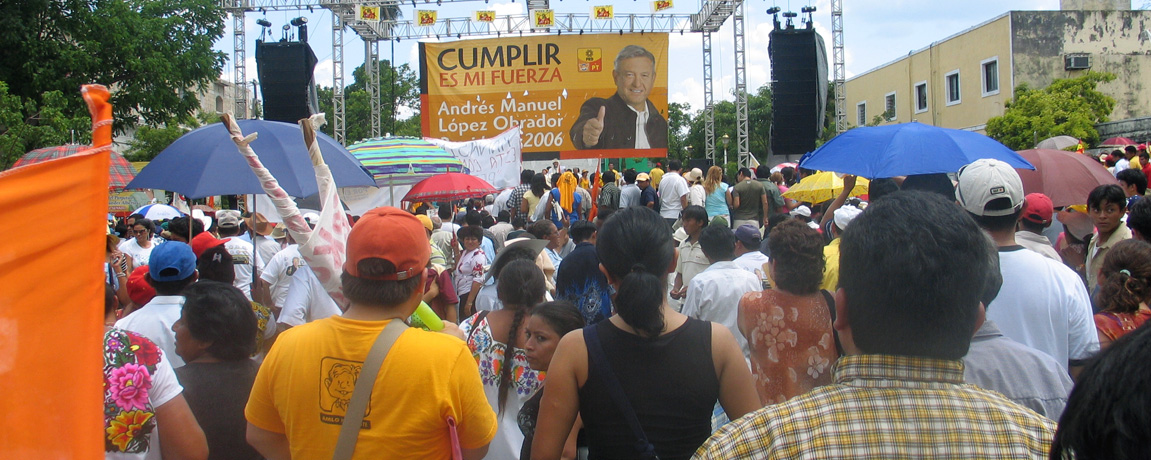



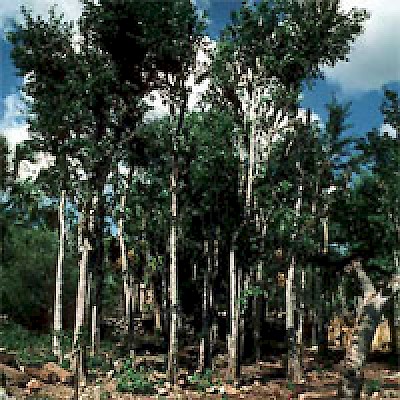
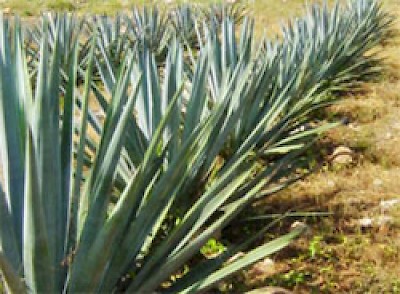
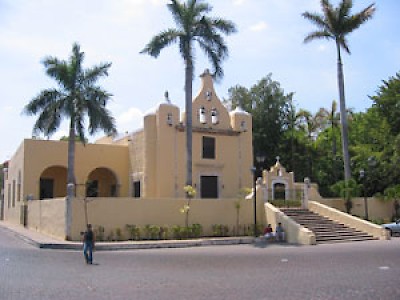
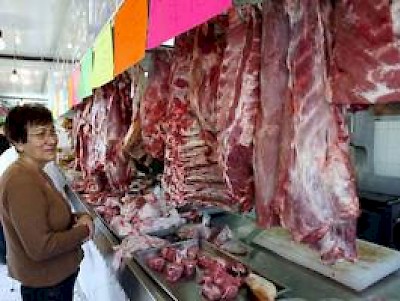
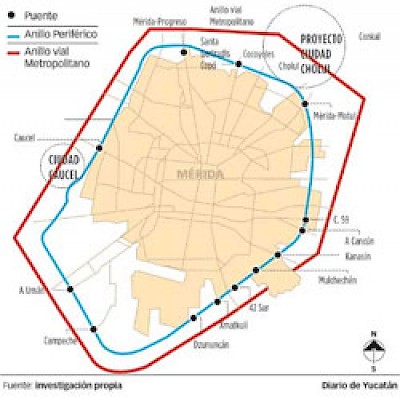
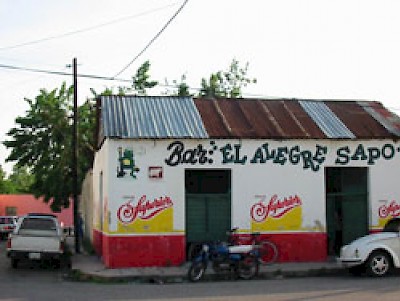
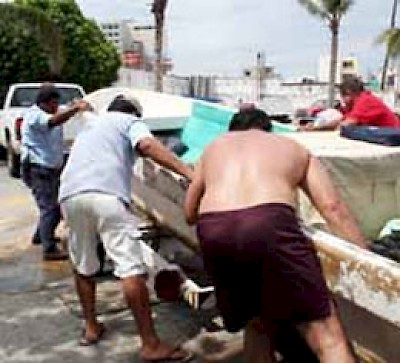
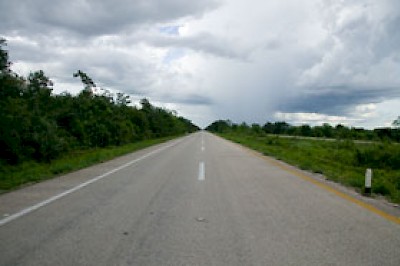

Comments
Ray 17 years ago
There is a slight error in the Chinese auto piece as they have not sold any cars in Canada, the number quoted is also unrealistic for Canada. Maybe this is what was sold in their home market of China.
Reply
« Back (10 to 11 comments)